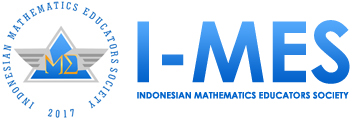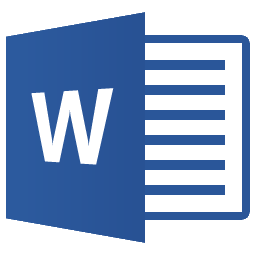The Interconnections of Akan Informal Ethnomathematics and School-based Formal Curriculum Mathematics
Abstract
Keywords
Full Text:
PDFReferences
Herawaty, D., Widada, W., Novita, T., Waroka, L., & Lubis, A. N. M. T. (2018, September). Students’ metacognition on mathematical problem solving through ethnomathematics in Rejang Lebong, Indonesia. In Journal of Physics: Conference Series 1088(1), 012089.
Ilyyana, K., & Rochmad, R. (2018). Analysis of problem solving ability in quadrilateral topic on model eliciting activities learning containing Ethnomathematics. Unnes Journal of Mathematics Education Research, 7(1), 130-137.
MOE. (2020). Mathematics Common Core programme Curriculum for B7- B10 (NaCCA (ed.); 1st ed., Issue February). NaCCA. www.nacca.gov.gh
Mosimege, M. (2017). Listening to the voices of the knowledge holders: the role of language in ethnomathematical research. Ethnomathematics and its Diverse Approaches for Mathematics Education, 51-67.
MuzdaIipah, & Yulianto, E. (2018). Ethnomathematics study: The technique of counting fish seeds (Osphronemus gouramy) of sundanese style. Journal Of Medives: Journal Of Mathematics Education IKIP Veteran Semarang, 2(1), 25-40.
Nursyahidah, F., Saputro, B. A., & Rubowo, M. R. (2018). Students Problem Solving Ability Based on Realistic Mathematics with Ethnomathematics. Journal of Research and Advances in Mathematics Education, 3(1), 13-24.
Owusu-Darko, I., Apoenchir, H. K., & Mensah, J. Y. (2022). Mathematical Constructs–What are These, and Their Interconnection with Ethnomathematical Concepts. Indonesian Journal of Ethnomathematics, 1(2), 89-104.
Shapiro, J. (2001). Ethnomathematics-challenging eurocentrism in mathematics education. RADICAL STATISTICS, 76, 78-82.
Widada, W., Herawaty, D., Anggoro, A. F. D., Yudha, A., & Hayati, M. K. (2019, April). Ethnomathematics and outdoor learning to improve problem solving ability. In International Conference on Educational Sciences and Teacher Profession (ICETeP 2018) (pp. 13-16). Atlantis Press.
Yosopranata, D., Zaenuri, Z., & Mashuri, M. (2018). Mathematical connection ability on creative problem solving with ethnomathematics nuance learning model. Unnes Journal of Mathematics Education, 7(2), 108-113.
Refbacks
- There are currently no refbacks.

This work is licensed under a Creative Commons Attribution-NonCommercial-ShareAlike 4.0 International License.
Indonesian Journal of Ethnomathematics
Indonesian Mathematics Educators Society
Jl. Terusan Jend. Sudirman, Kec. Cimahi Tengah, Kota Cimahi, Jawa Barat 40521
E-mail: [email protected]
ISSN: 2775-8001


